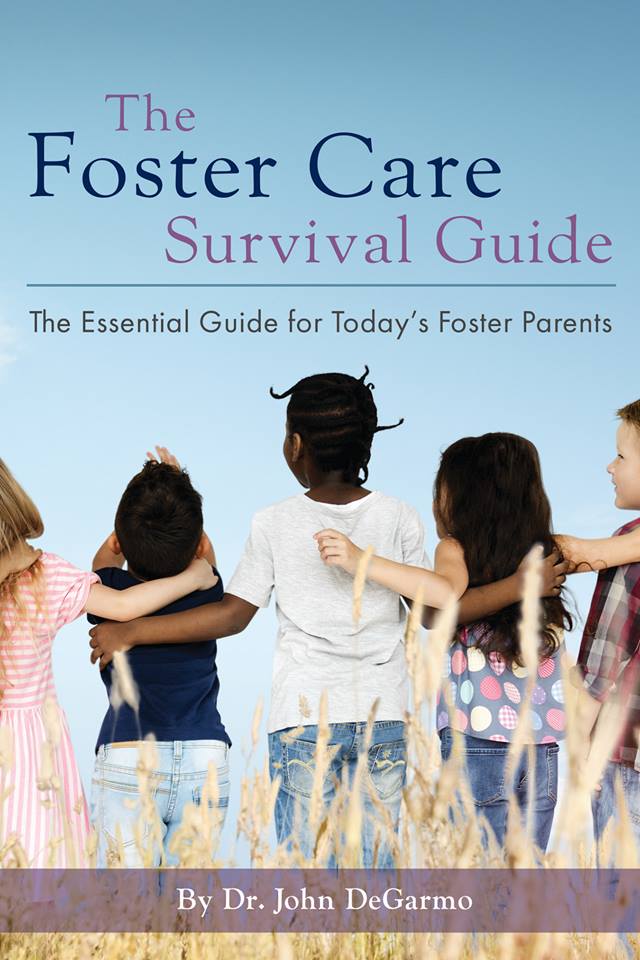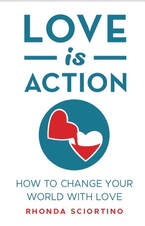
How “NO” Can Strengthen Your Marriage
Time and time again, I hear from foster parents who tell me that they have a very hard time saying “no” when the phone call comes for a placement in their home. They just find it hard to say “no, “ perhaps out of guilt, perhaps from the fact that they are afraid that if they say “no,” another phone call might not come. I can relate. My wife and I had a hard time with this for several years, as well. It seemed that we said “yes” to every call that came our ways, despite the fact that sometimes we were just too tired and worn out to do.
By now, I hope you recognize that there are times in your foster parenting life when it is okay to say No. It is okay to take a break, and instead focus upon yourself, your children, and your marriage. There are times when we are just too busy, that can’t even begin to think about tomorrow when there is so much to do today. At this point, we no longer become helpful to the child who needs our help. My friend, it is important for you to recognize those times when you can’t take anything else on, because you have enough to handle and take care of at the moment. If you don’t recognize those moments and times when “no” is the right thing, at that particular stage in your life, then you will bring additional stress upon yourself, your family, and your marriage. Learn the art of when you need to say “no,” so you don’t overburden, over stress, and overextend both yourself and your marriage.
It is important to have your own support group while. This applies not only for your personal life, but also as a foster parents, as we have seen. A support group of fellow foster parents will also help to strengthen your marriage, as well. As you find strength and wisdom from your foster parent support group, whether in a local foster parent association, through an online social media group, or through both, you will find that some of your stress and anxieties that come from being a foster parent to a child in need will ease. This will, no doubt, help your marriage, as well.
The Power Of Respite
As I write this, a few months back, my wife and I took our first real vacation together, with no children, in over 20 years. Let me share that again with you. We took our first real vacation, as a couple, just her and I, child free, in over 20 years. While it was only for a week, it was an incredible rewarding and enjoyable time, as we were able to reconnect with friends of ours from Europe. Don’t you know that when you are in an international marriage like mine, you end up having friends from every part of the world? Yes, a part of me didn’t want to come back home, as it was so refreshing, and a much needed break for the two of us. We were able to do so in part to respite care.
(Excerpt from The Foster Care Survival Guide: The Essential Guide for Today's Foster Parents)
-Dr. John
Want MORE about this? Order your signed copy of the new book The Foster Care Survival Guide. Order your special copy HERE.







 RSS Feed
RSS Feed